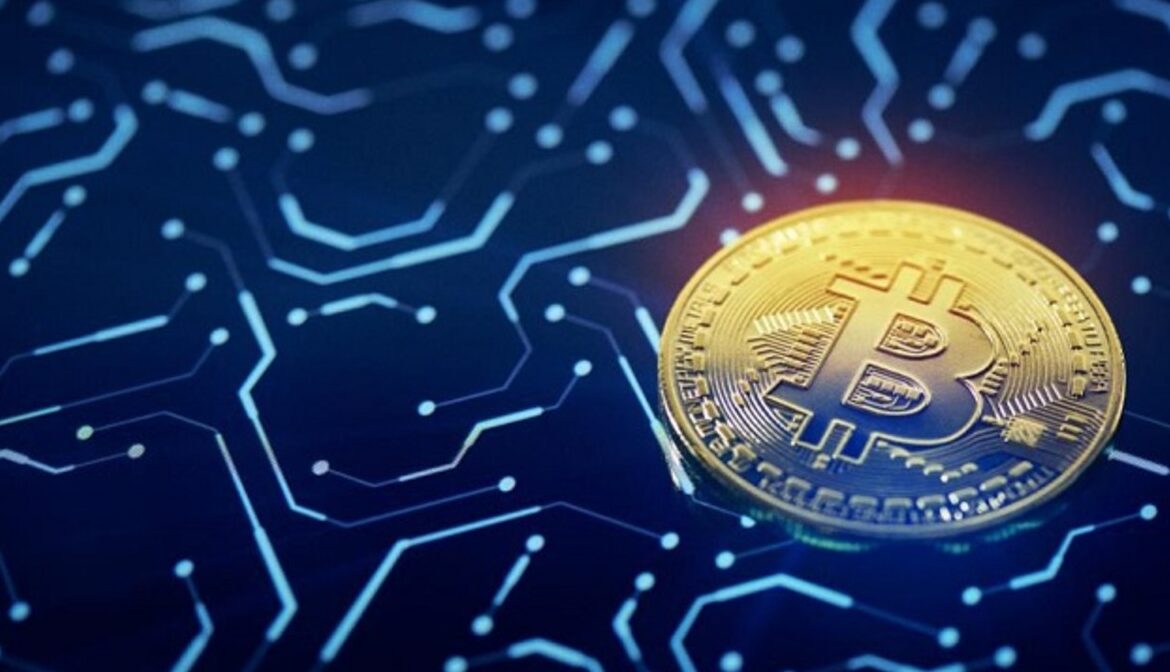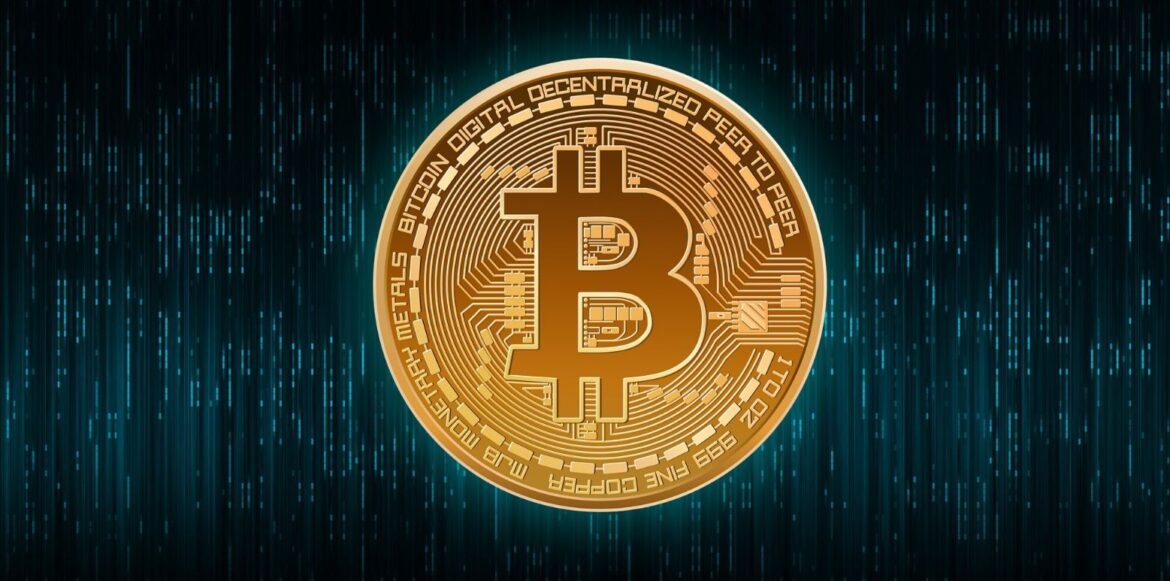Bitcoin, spearheading a financial revolution, transforms the perception, management, and storage of digital-era money. From its launch, Bitcoin has generated enormous interest among governments, institutional actors, private investors, and technologists all over. Bitcoin is a paradigm change powered by distributed technology, cryptography, and a concept of financial sovereignty, not only a kind of money. Offering a complete knowledge fit for both novice and experienced readers, this essay investigates the history, technology, economic impact, legal environment, and future developments.
Bitcoin’s Origin and Vision
The mysterious Satoshi Nakamoto’s 2008 white paper “Bitcoin: A Peer-to-Peer Electronic Cash System” helped Bitcoin take off. The paper envisioned a new digital money system where customers may directly transact without banks or governments. Satoshi proposed a trustless system that validates transactions via a distributed network, removing central authorities and lowering financial institution risks.
Bitcoin began in January 2009 with the mining of its first block, which is called the genesis block. The Times headline, “Chancellor on brink of second bailout for banks,” showed Bitcoin’s opposition to centralized financial bailouts and monetary policies. This event marked the beginning of coded money regulation by agreement rather than by governments.
Bitcoin’s Technology and Security
Operating on blockchain technology—a distributed digital record kept under control by a network of computers called nodes—bitcoin is A network of computers called nodes confirms each transaction, notes it in a block, and cryptographically connects it to the previous one to create an unchangeable chain. This design guarantees openness, security, and fraud resistance. Using Proof of Work, mining—the process by which transactions are verified and fresh Bitcoins are created—involves working through challenging computational puzzles.

Miners fight to add the next block, therefore safeguarding the network and getting Bitcoin payouts for their job. Though it requires energy, this consensus technique guarantees network integrity and helps avoid double-spending. Public-key cryptography underlies bitcoin transactions. Users have a public address shown on the blockchain together with a private key enabling expenditure. Security depends on keeping control over private keys since theft or loss might result in permanent loss of money.
Bitcoin as Digital Gold
Bitcoin, once an experimental digital currency, is now a store of value called “digital gold.” Investors seeking protection from monetary debasement would like its 21 million coin supply cap, which contrasts with inflationary fiat currencies. Tesla, MicroStrategy, and Square are investing Treasury reserves in Bitcoin, demonstrating institutional trust.
Bitcoin is an investment and financial inclusion innovation. Bitcoin gives countries with weak banks or capital restrictions another opportunity to access financial services. The global network simplifies remittances, making cross-border payments faster and cheaper.
Global Bitcoin Regulation Landscape
Authorities worldwide have reacted differently to Bitcoin. Some countries have embraced cryptocurrencies by passing legislation to protect consumers and encourage innovation, but others have done nothing because of concerns about fraud, money laundering, and financial stability. US regulators, including the CFTC and SEC have closely monitored crypto assets and derivative markets.
In 2021, El Salvador became the first nation to recognize Bitcoin as official currency, sparking international debate on digital currencies in sovereign nations. Investors and companies must understand these regulatory settings because legal clarity and compliance affect market behavior and long-term acceptance.
Bitcoin Wallets and Security
Keeping Bitcoin safe calls for understanding of wallets and effective security techniques. Hardware wallets, software wallets, smartphone apps, and custodial services housed by exchanges are just a few of the several forms wallets take. Hardware wallets like Ledger and Trezor, which allow users to store private keys offline and protect against malware and hacks, are the preferred choice.

One must first protect their private key; loss of the key results in lifelong loss of access to money. We urge users to use two-factor authentication, securely store backup seed phrases, and avoid phishing scams. Another factor is privacy since, on the blockchain, Bitcoin transactions—albeit anonymous—are publicly traceable.
Bitcoin Mining and Environmental Impact
Environmentalists and legislators have objected to the energy use of bitcoin mining. Proof of Work mining raises questions around carbon emissions since it consumes significant electricity. Second-layer solutions like the Lightning Network, which lets speedier and less expensive transactions happen off-chain, thus lightening the burden on the main blockchain, help to improve the efficiency of The conversation about Bitcoin’s environmental effects is changing to strike a balance between sustainability concerns and security needs.
Final thoughts
Bitcoin’s future hinges on technology and market changes. The Lightning Network and other technologies enable microtransactions and daily use cases limited by slower confirmation times and higher costs. Distributed finance (DeFi) platforms serve more than just storing value. Ethereum, wrapped Bitcoin (WBTC), and related tokenized variations allow owners to lend, borrow, and farm yields, connecting conventional currency with distributed applications. Bitcoin’s strong community, widespread acceptance, and reliable infrastructure imply it will remain a core of the digital financial ecosystem despite volatility, government scrutiny, and new cryptocurrencies.



